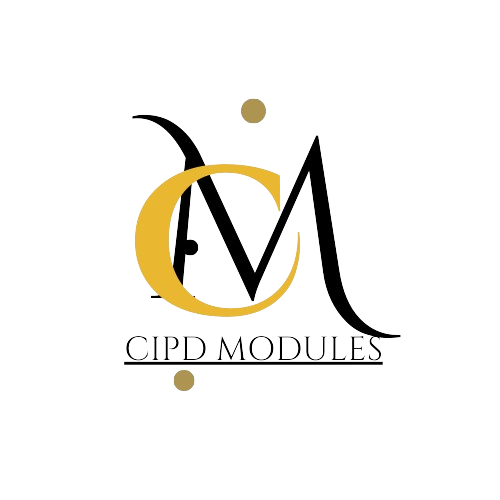
Table of Contents
7HR02 Resourcing and Talent Management to Sustain Success addresses both the daily practicalities and long-term strategic considerations of ethically and fairly resourcing organisations. The aim is to enhance the performance of both staff and the organization. These activities occur in a competitive environment where employers strive to attract and retain the most talented and experienced individuals.
What will you learn
You will explore the impact of the business environment on resourcing and talent management, emphasizing its significance for organizational strategy and practice. This involves explaining and debating its relevance to organizations and offering advice on workforce and succession planning. You will assess methods of attraction and retention, comparing how organizations build and maintain positive reputations in key labor markets. Additionally, you will examine technologies that can enhance recruitment and retention, evaluating strategies designed to reduce employee turnover. Finally, you will review policies and practices in selection and induction, including advancements in job analysis and discussions on employee selection, while considering legal compliance and managing staff underperformance.
Learning outcomes
Upon completing this module, learners will be able to:
- Comprehend the impact of the evolving business environment on resourcing and talent management strategy and practice.
- Grasp organizational recruitment and selection strategies.
- Recognize the importance of succession planning in supporting sustainable organizational performance.
- Understand methods for enhancing individual and team performance.
This module is suitable for persons who:
This unit is suitable for individuals who:
- Are experienced people practitioners
- Are working in a senior people practice role and seek to expand and deepen their skills and understanding to influence strategy, policy, and people
- Aspire to shape people practice and create value for a broader audience
- Are currently leading and managing people and practices within organizations
Must Read:

